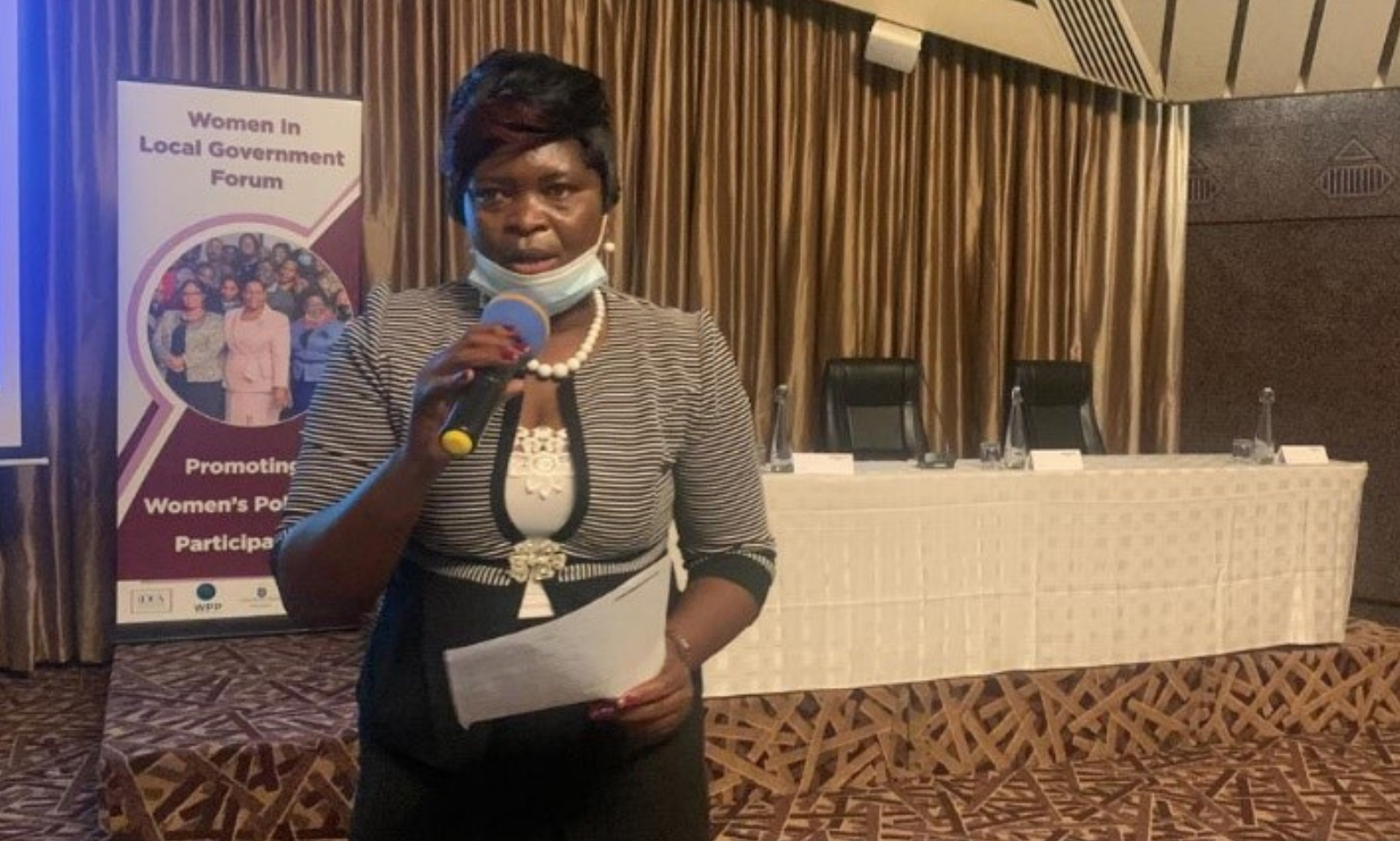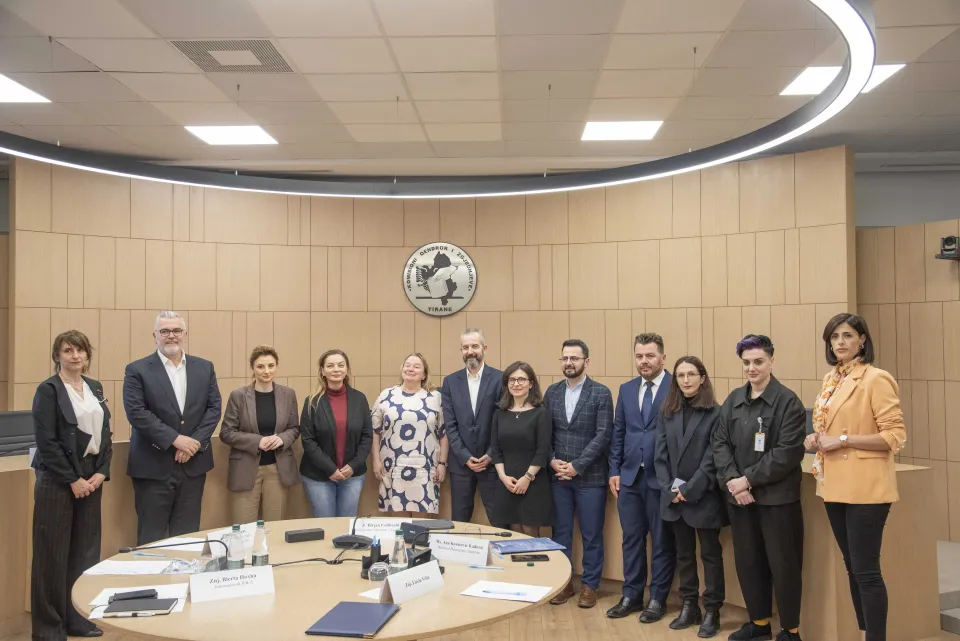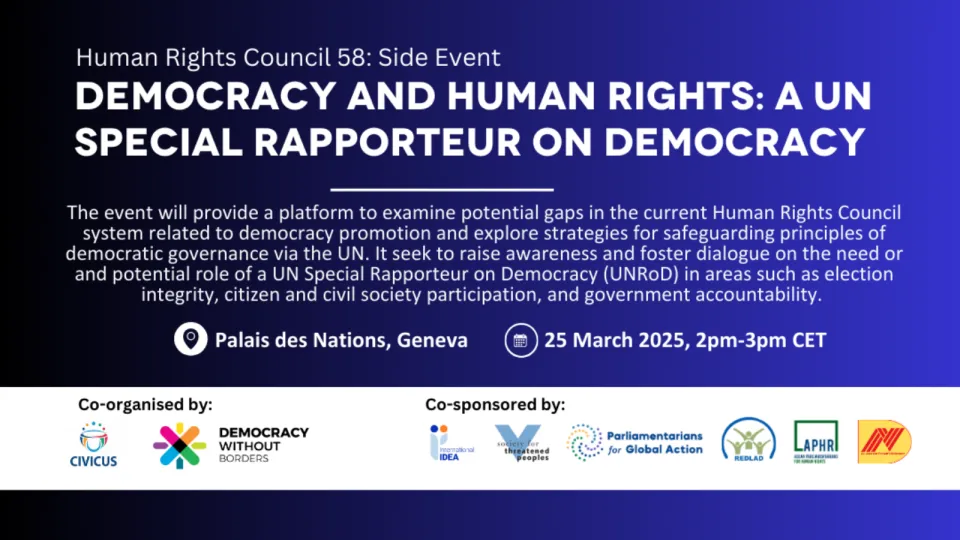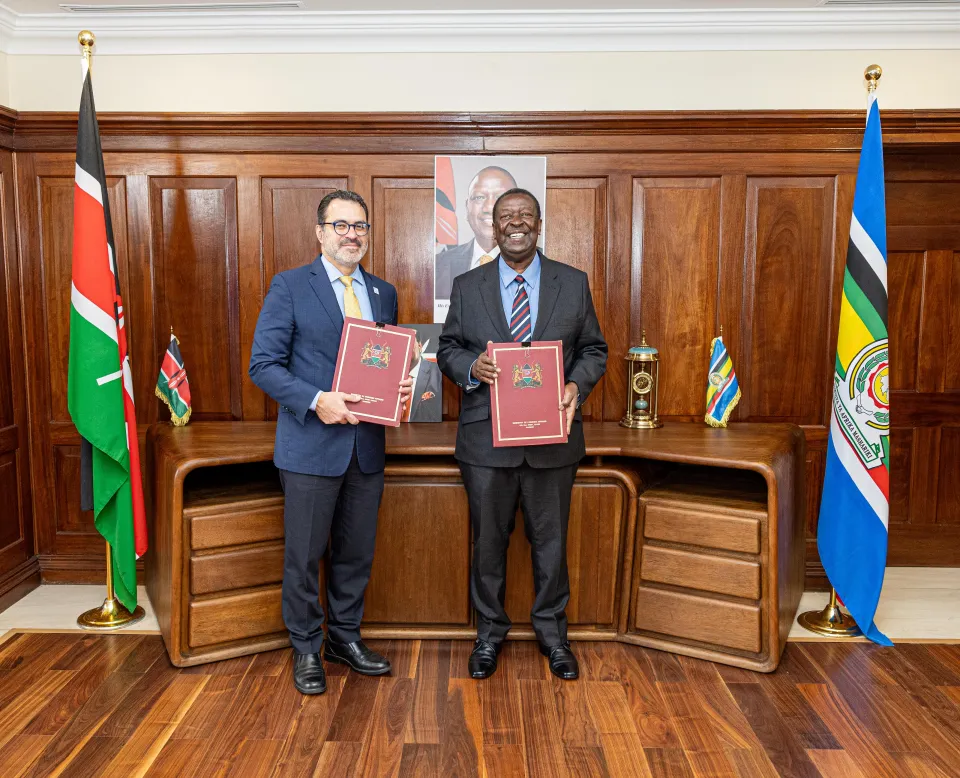Breaking the Glass Ceilings: The tale of a rural girl turned council vice chairperson

Resta Dzinyangoma, the council Vice Chairperson of Murehwa Rural District Council, has been a councillor since 2004. “I was very young when I got into the council, and it was not easy since it was a male dominated domain. When I got elected into the council, I was already doing gender work in my community, which I have continued doing to date.”
Dzvinyangoma highlights that women’s empowerment is key for them to fully participate in decision making structures in any sector, including political decision making. “Women and girls need knowledge about local government and women in leadership, especially women and youth in rural areas. They also need role modelling. Financial resources are necessary but may not be sufficient. They need social and economic empowerment programmes to enable them to participate in politics. They must also join political and development structures to identify their talent. In addition, women and girls need access to information and knowledge through induction, training, and capacity building”.
“I can gladly say that this is some of the work I am doing in my community. I am currently mentoring young women to enter politics because I got into the council as a youth. It is important to mentor the youth so that they know the challenges to be faced as women in politics. It is also easier for them to grow into politics”.
Dzvinyangoma highlights that she may have never been able to do these things had she not received exposure from multiple partners, including Gender Links, who built her capacity through training, and mentorship. “These are transferrable skills as you can see that I am imparting the same to women and youths in my ward”, she said.
Dzvinyangoma is actively promoting gender equality through the 50-50 campaigns in the Murehwa district. Dzvinyangoma was also part of the councillors who advocated for the 30 percent local government quota. She imparts knowledge on the quota to encourage women and girls to participate in local politics.
“The advocacy on the local government quota should be cascaded to everyone and we must leave no one behind for women to be heard”, she said.
Currently, women constitute 14% of councillors in Zimbabwe. She has gained support from men in the council, including members of the opposition party and council staff who support her initiatives. The media has also played a pivotal role in profiling her work.



